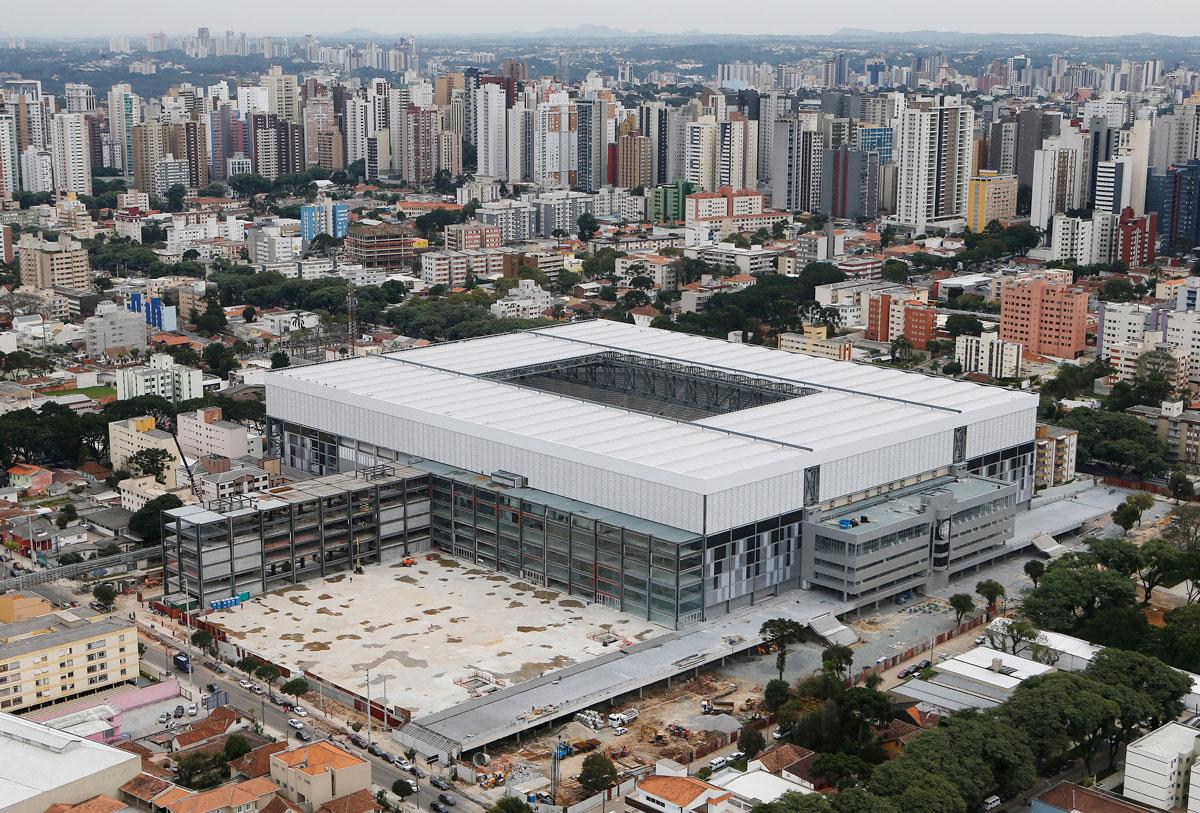There’s nothing abstract about this story. It’s strictly concrete.
Rome's Pantheon is based on ancient concrete.
Concrete doesn't get a lot of love in the modern world. You don't hear people admiring the beauty of concrete overpasses, or small children wanting to grow up to be cement brokers. Among the few times that concrete gets a mention in popular culture: as a form of footware for unlucky gangsters.
That lack of appreciation for concrete is wrong, believes Robert Courland, author of "Concrete Planet: The Strange and Fascinating Story of the World’s Most Common Man-Made Material." For Courland, concrete is the essential modern material: quite literally the building block of modern civilization. It is a substance which defines and shapes almost every aspect of modern life.

That can be true in positive ways: In convenient freeways, robust skyscrapers and huge sport stadiums. But it can also have a more dangerous side. Our unquestioning reliance on concrete causes us to overlook its inherent flaws and weaknesses.
"Don't get me wrong, concrete is an essential building material," he says, "but structures built up before the 1960s in the United States, and up until now in the developing world, are often substandard."
In particular, reinforced concrete has proved to be much more fragile, and much more shortlived than was originally thought. "[It] has a limited lifespan. And the reason for that is that steel reinforcement will eventually corrode. And that's why our infrastrucure is failing right now."
That weakness lies in the reinforcement itself. Poor concrete mixes will allow moisture to reach steel reinforcement bars, which will then rust and corrode in just a few decades. In the earthquake-prone areas, the consequences can be disastrous, argues Courland.
Surprisingly, there is one civilization that solved this problem over 2,000 years ago: The ancient Romans discovered the secret of concrete and used it to create harbors and foundations for their most impressive buildings. But because they avoided using reinforcement, buildings like the Pantheon in Rome are still standing today.
"It's a magnificent builidng, and it's doing great," Courland says, "and that's because its concrete doesn't have any steel in it."
)_1.jpg&w=1920&q=75)